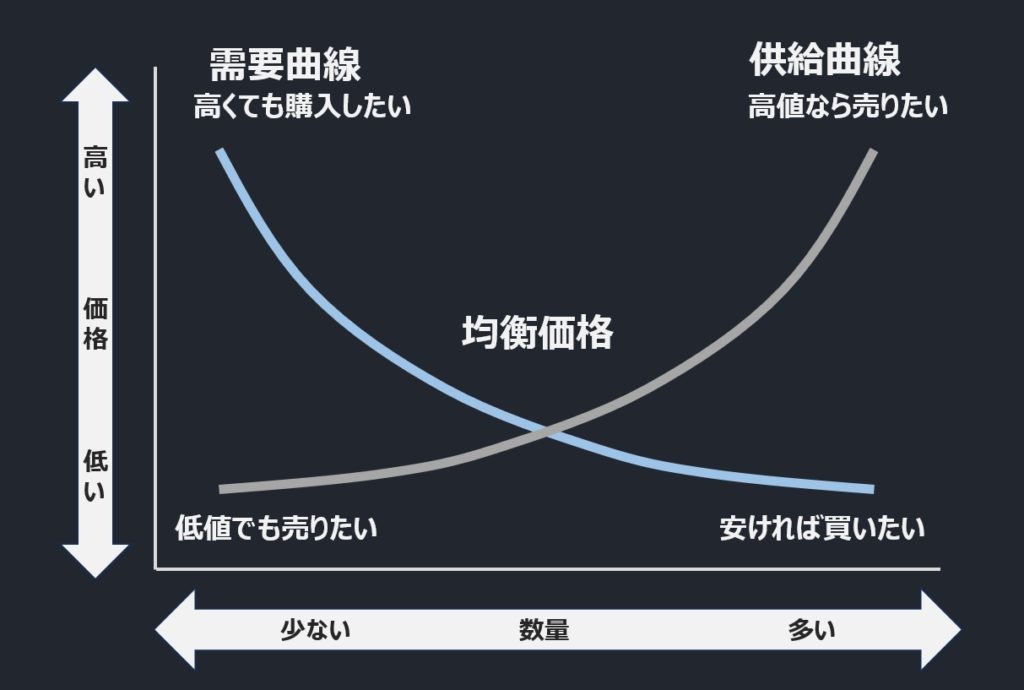
通常、品質が同じ商品があれば顧客は安い方を選びます。
そのため特定の競合製品より安くする低価格戦略や、市場で最も低価格にするコストリーダーシップ戦略が行われます。
反対に競合他社よりも製品の価格を高く設定する高価格戦略が存在します。
高品質や高付加価値、独自の特徴などを強調して、顧客に価値提供することで高価格を正当化します。
高価格戦略は、収益を増加させ、高品質、高付加価値により独占的ブランドイメージを築きます。
ただし、高価格戦略はリスクも伴います。(需要供給バランス)
- 需要が減少する可能性
- 低価格の競合製品へ切り替えられる可能性
- 価格競争に巻き込まれる可能性
- 顧客の期待を満たさない場合に信頼を失う可能性
- 市場環境の変化への適応力が低下する可能性
- 顧客獲得が難しくなる可能性
- 全体市場ではなくニッチ市場になる可能性
では、自社製品の薬価再算定や共連れ回避に動く、製薬会社の高価格維持の場合はどうでしょうか?
- 特許保護により、競合他社の市場参入が難しいため高価格を維持出来る可能性
- 高い品質や効果が確立された製品が選択肢となる可能性
- 国民皆保険により需要が維持され価格競争の影響を受けにくい可能性
医薬品市場は通常の市場とは異なる特殊性を持ちますが、同一市場に競合製品が存在する場合には市場原理の影響を受け、高価格の維持は競争力の低下から競争劣位となり、利益確保が困難となると考えられます。
“Does the High Drug Pricing Sustaining Strategy Lead to the Sustainable Growth of Pharmaceutical Companies?: Competitive Markets and Market Principles”
Generally, when there are products of the same quality, customers tend to choose the cheaper option. This is why strategies such as a low-cost approach to undercut specific competitors or a cost leadership strategy to be the lowest-priced in the market are often employed.
Conversely, there is a high-price strategy where products are priced higher than those of competing companies. This is justified by emphasizing high quality, added value, and unique features to provide value to customers.
A high-price strategy increases revenue and builds an exclusive brand image through high quality and added value. However, this strategy comes with risks, including the potential for decreased demand, switching to lower-priced competing products, getting caught in price competition, losing trust if customer expectations are not met, reduced adaptability to changing market conditions, and difficulty in acquiring customers.
Now, let’s consider the case of pharmaceutical companies maintaining high prices through recalculating products prices or avoiding group pricing adjustments.
- Due to patent protection, it might be difficult for competing companies to enter the market, allowing the possibility of maintaining high prices.
- Established products with high quality and effectiveness could become viable options.
- National health insurance could help sustain demand and reduce the impact of price competition.
While the pharmaceutical market has unique characteristics distinct from regular markets, when competing products exist in the same market, the influence of market principles can’t be ignored. Maintaining high prices might lead to decreased competitiveness, resulting in a disadvantageous position and difficulties in securing profits.

